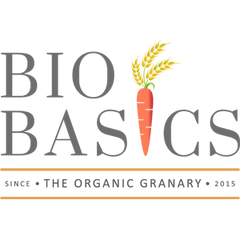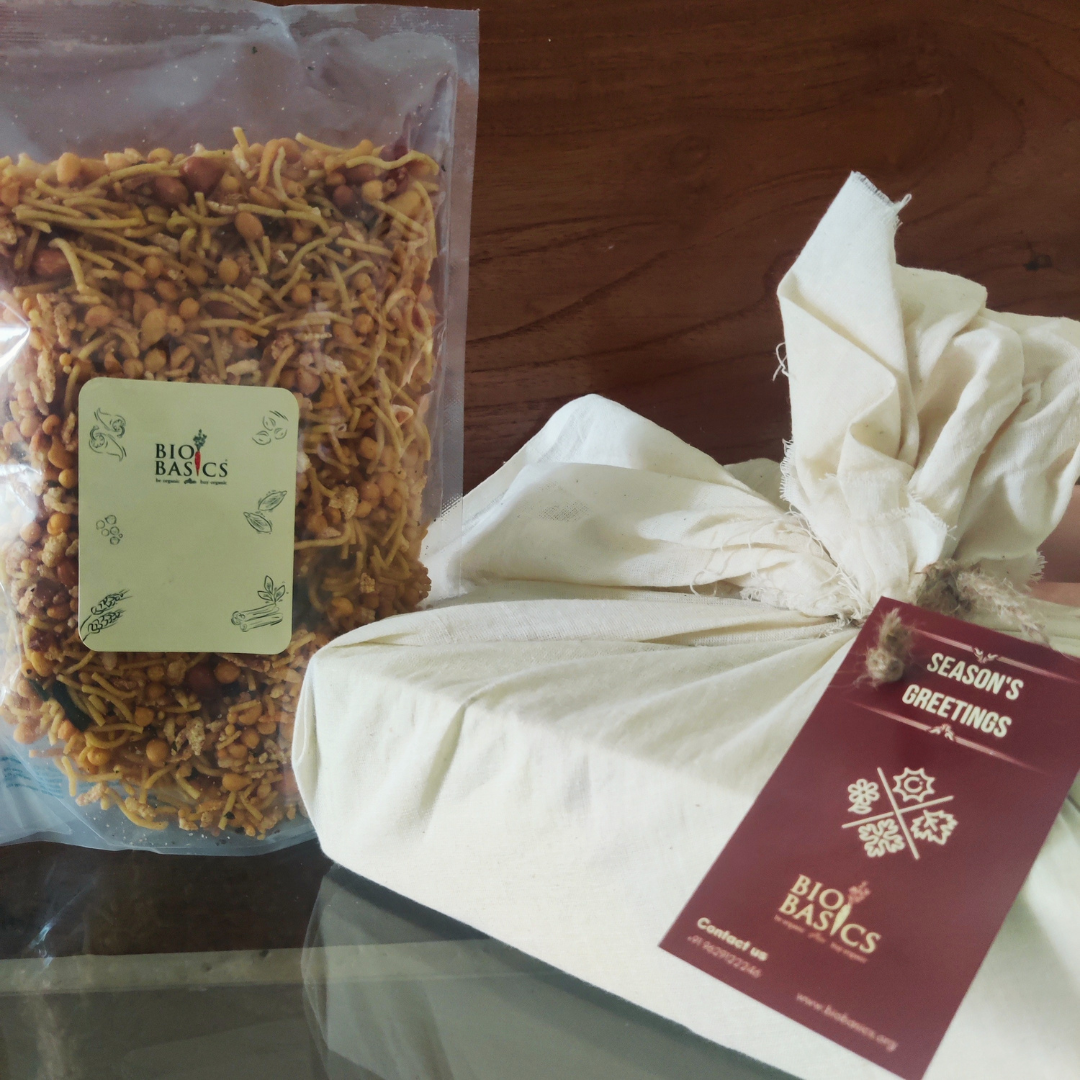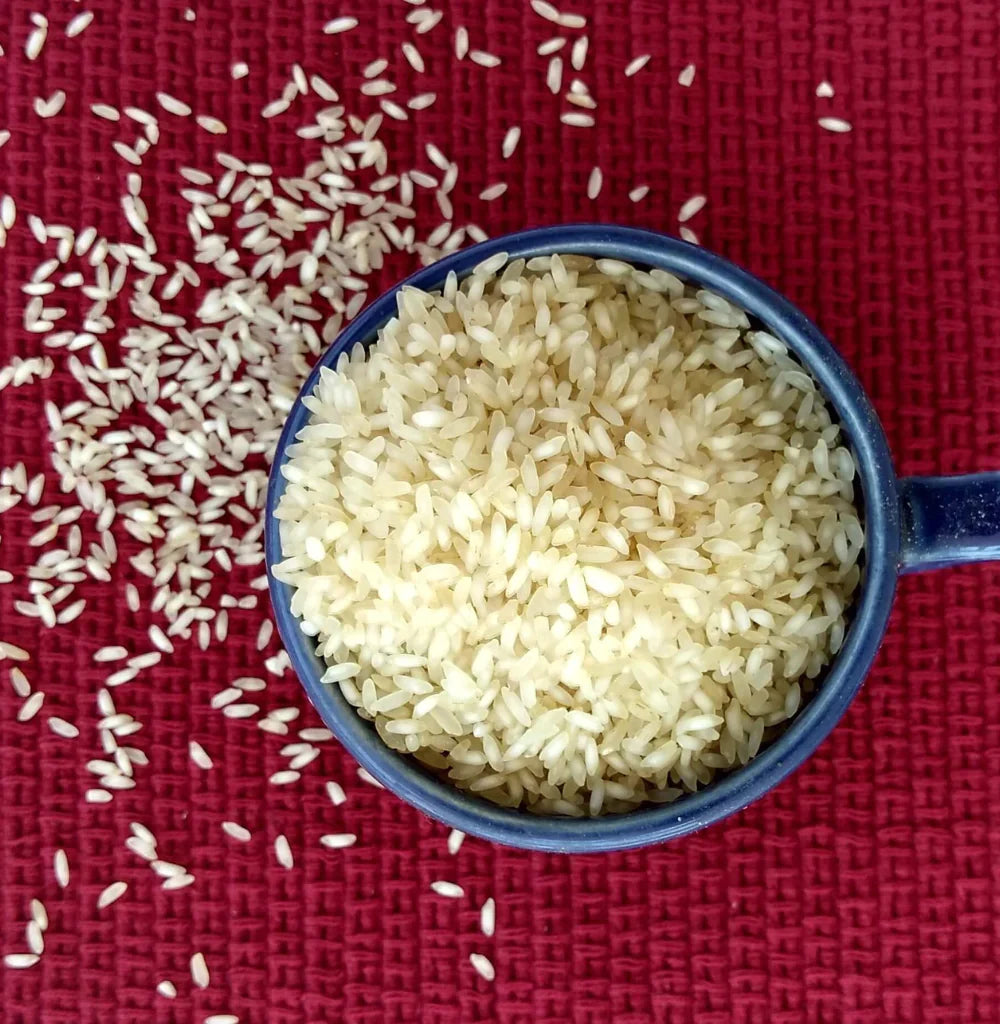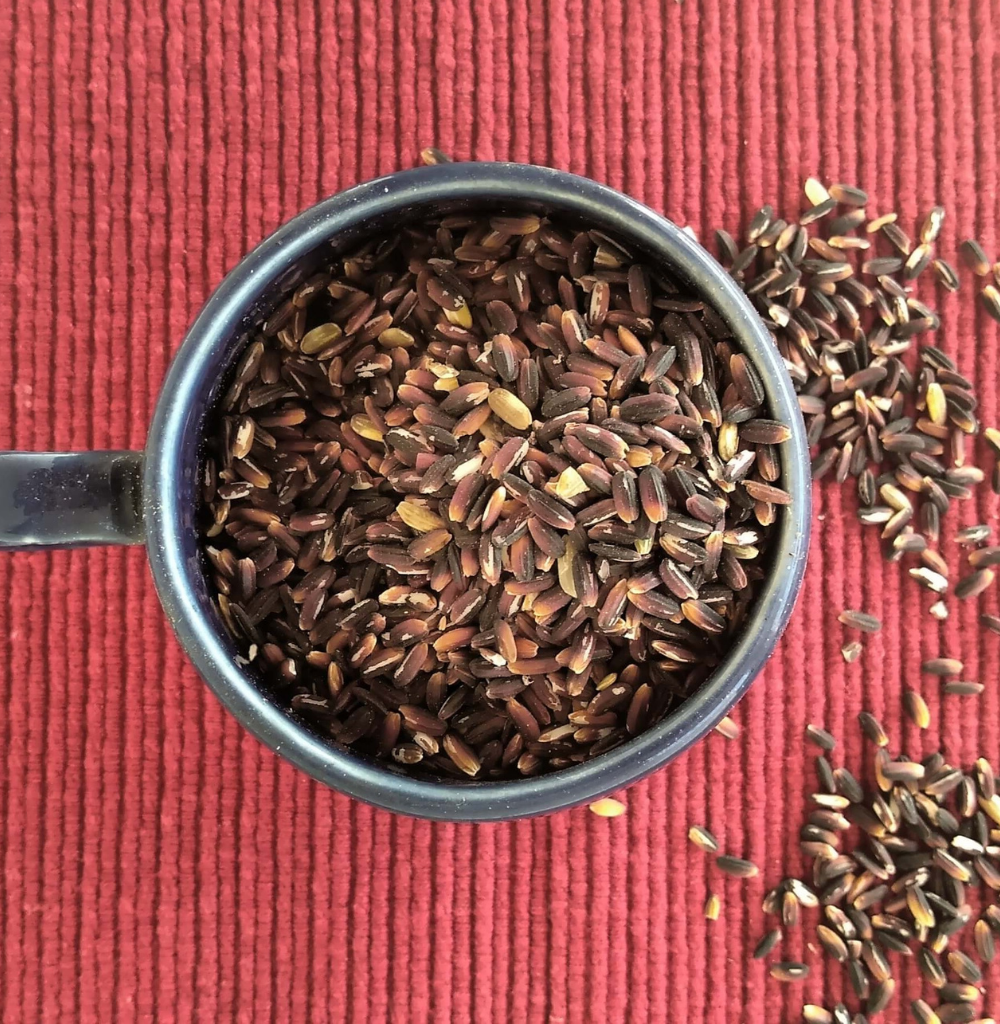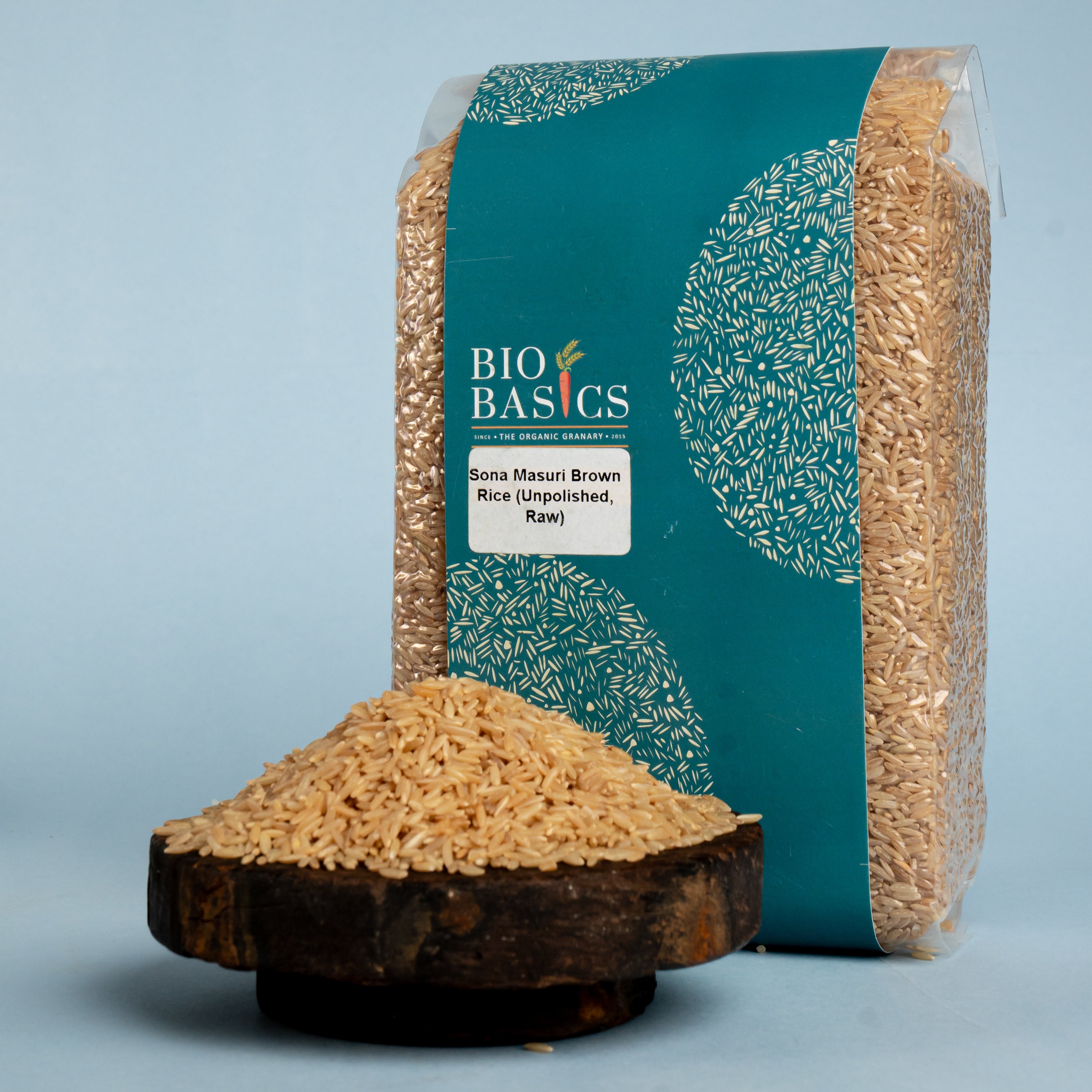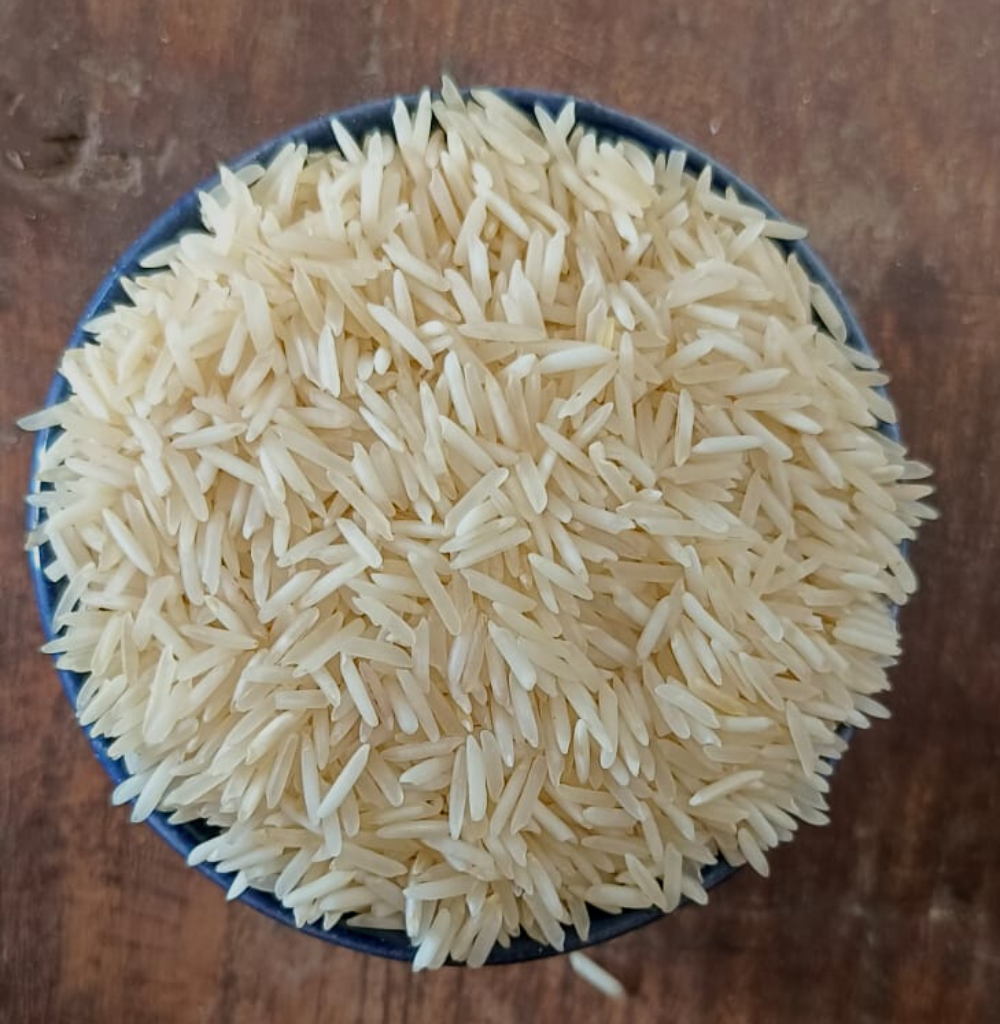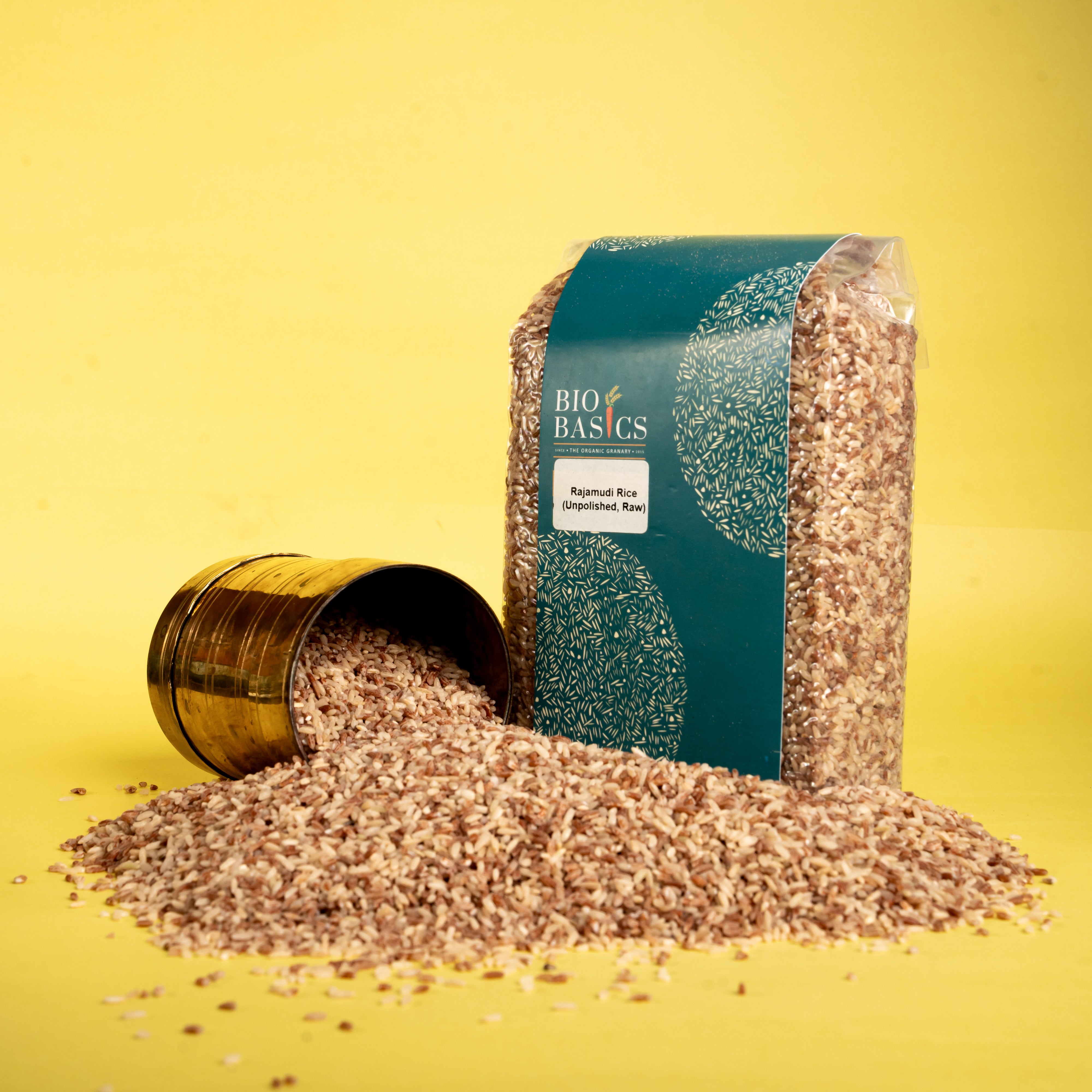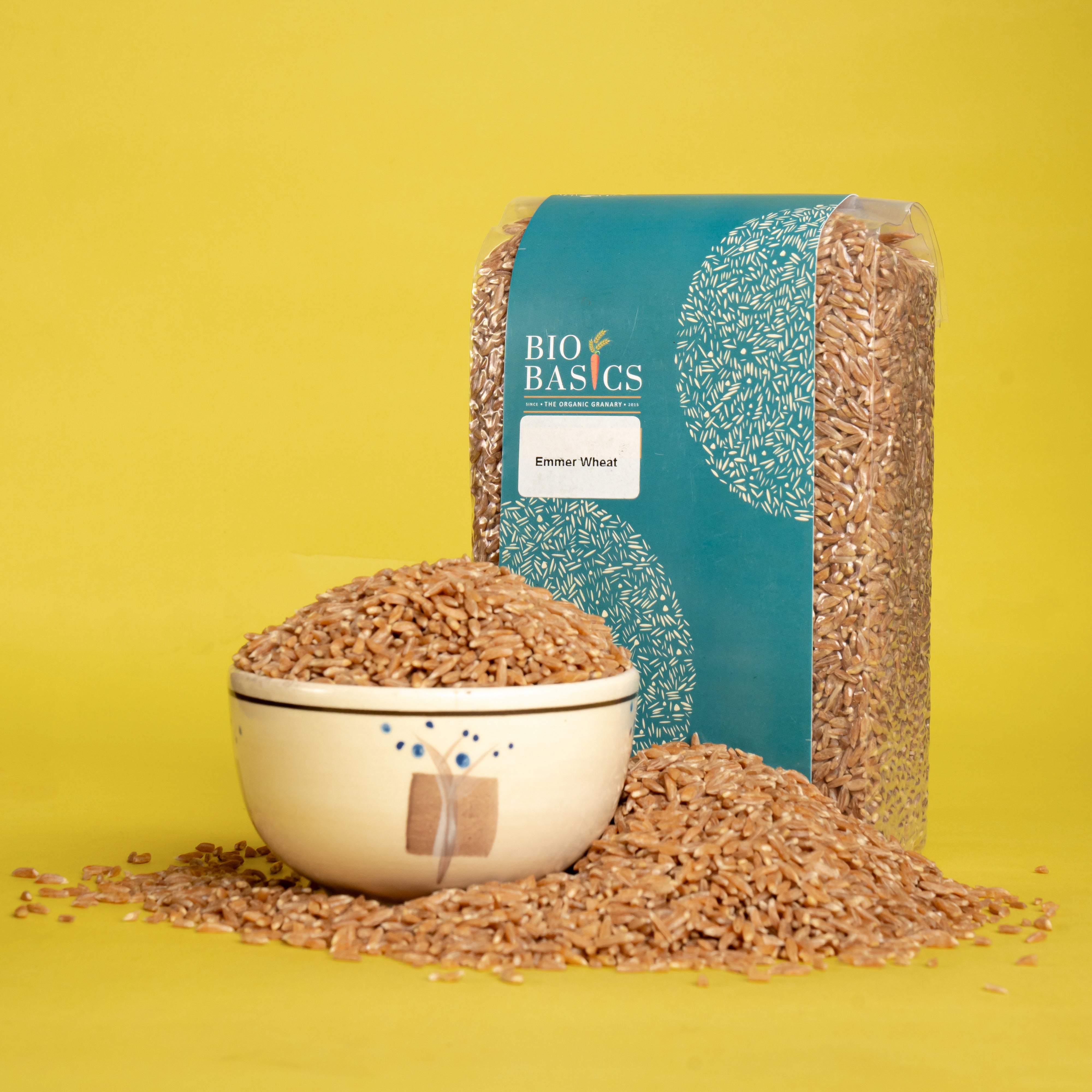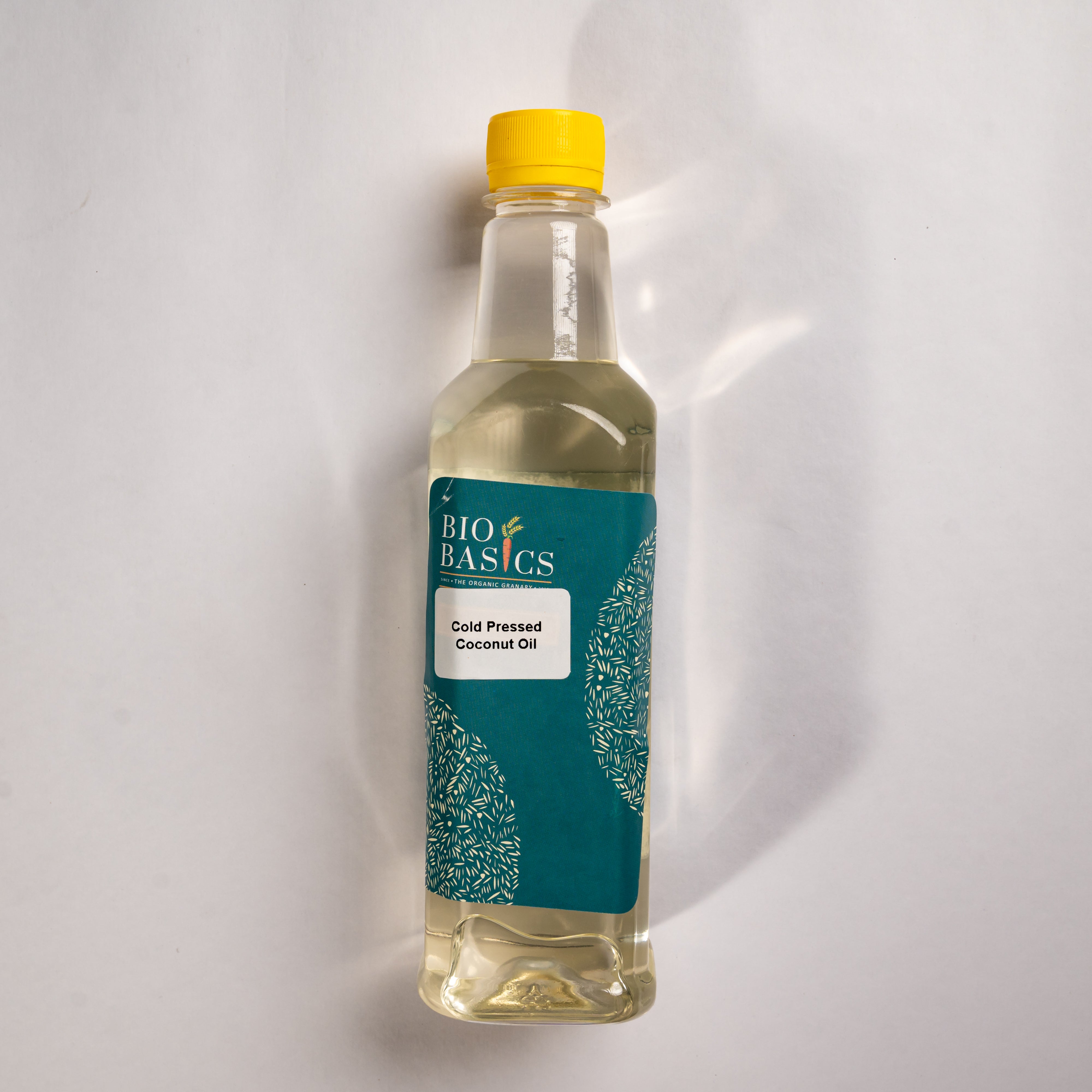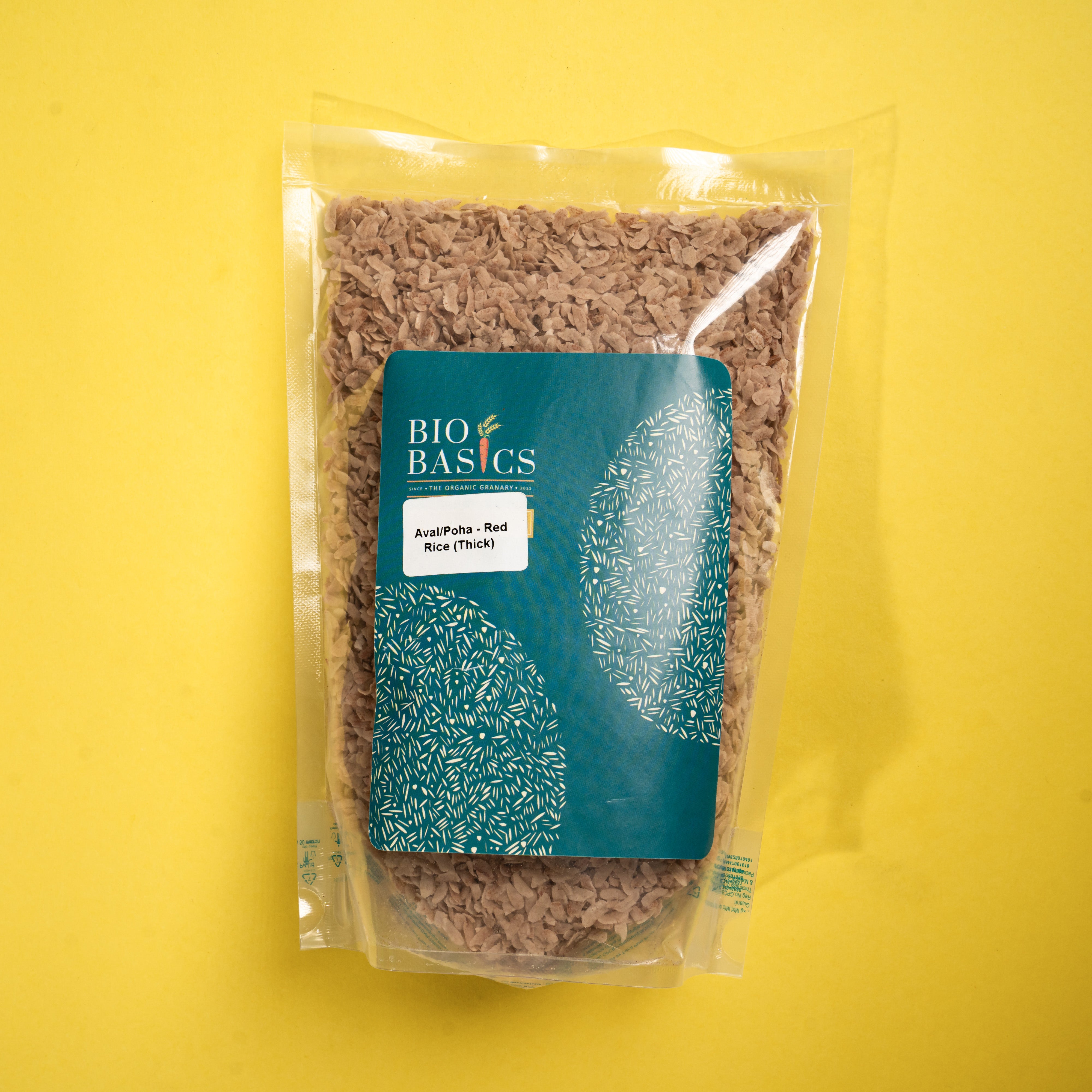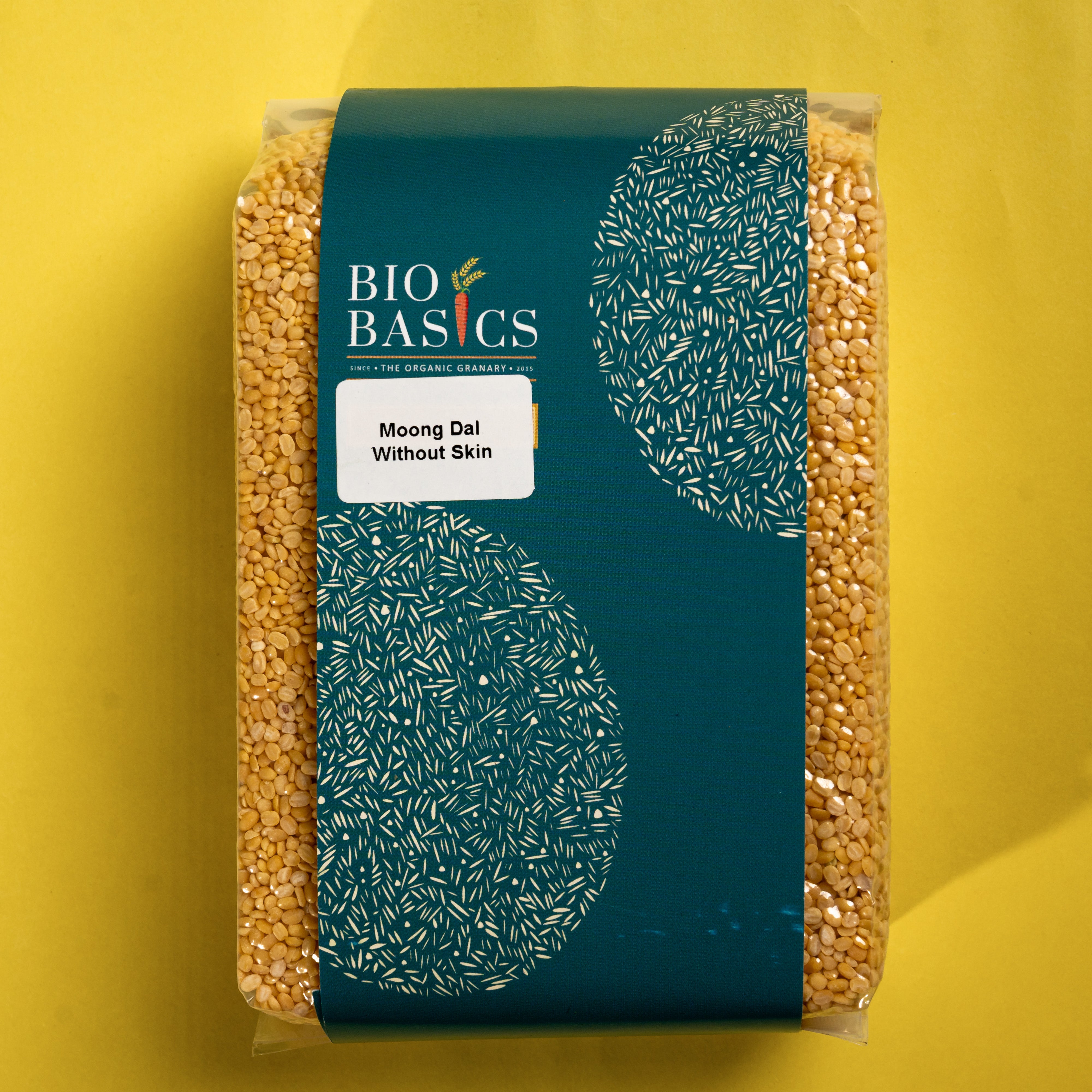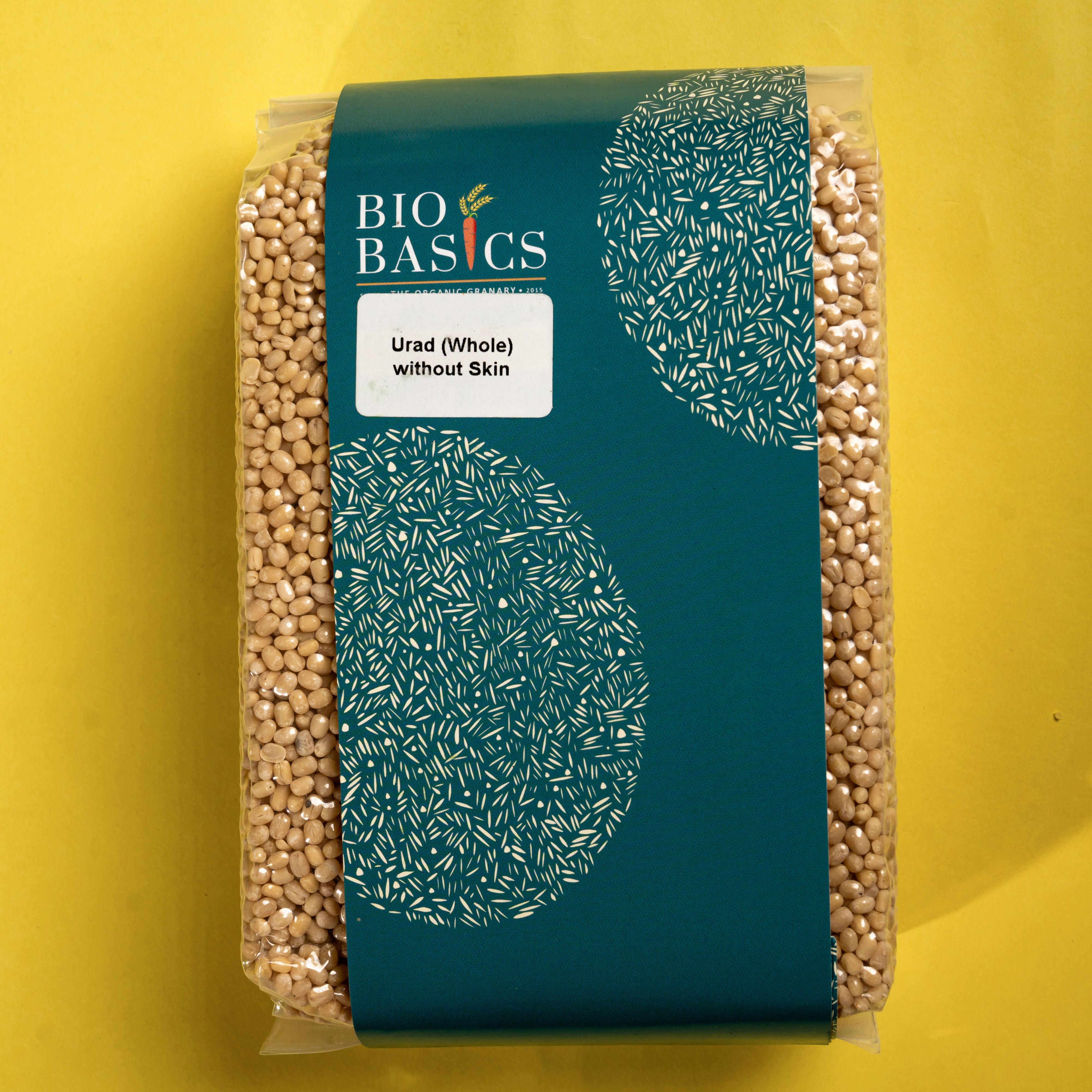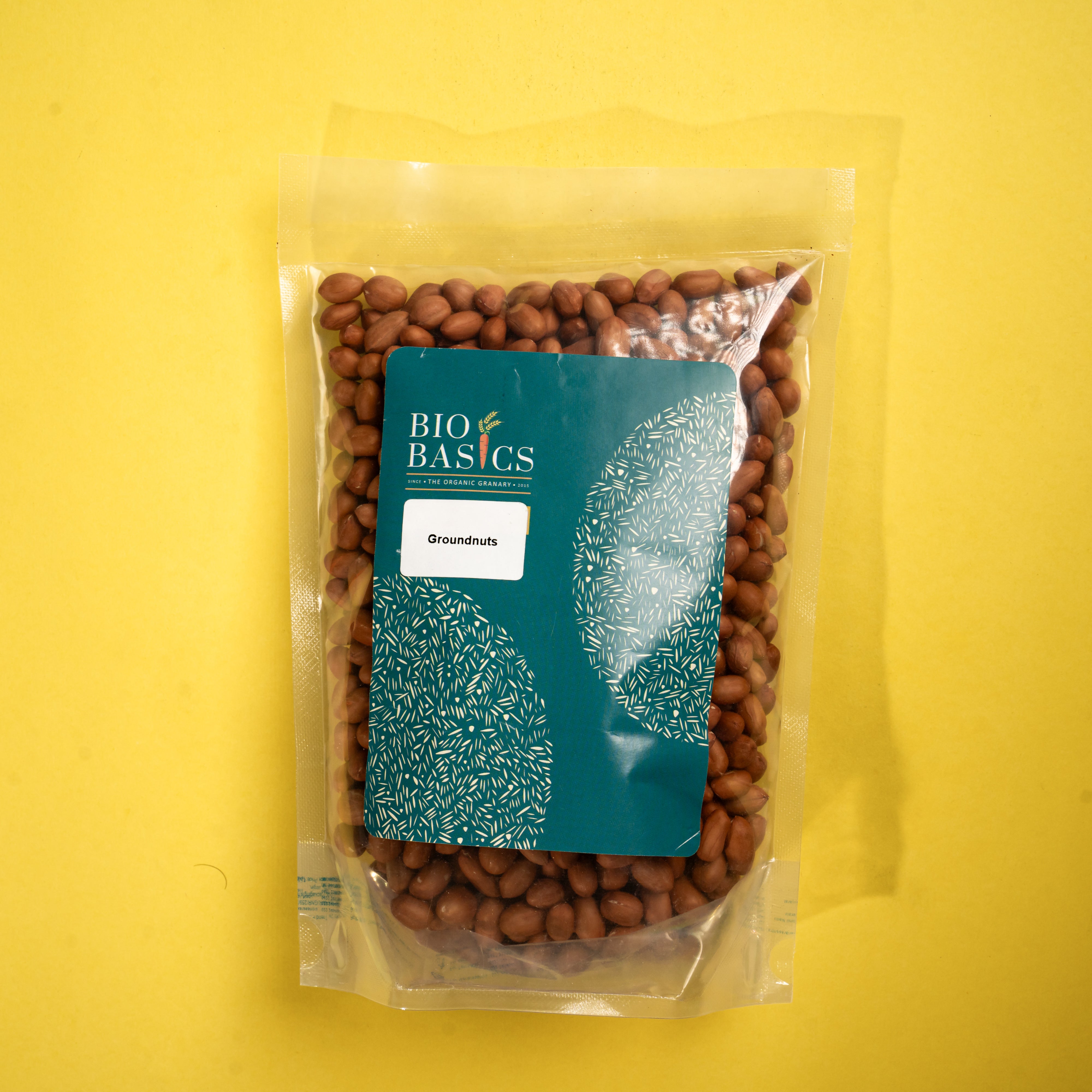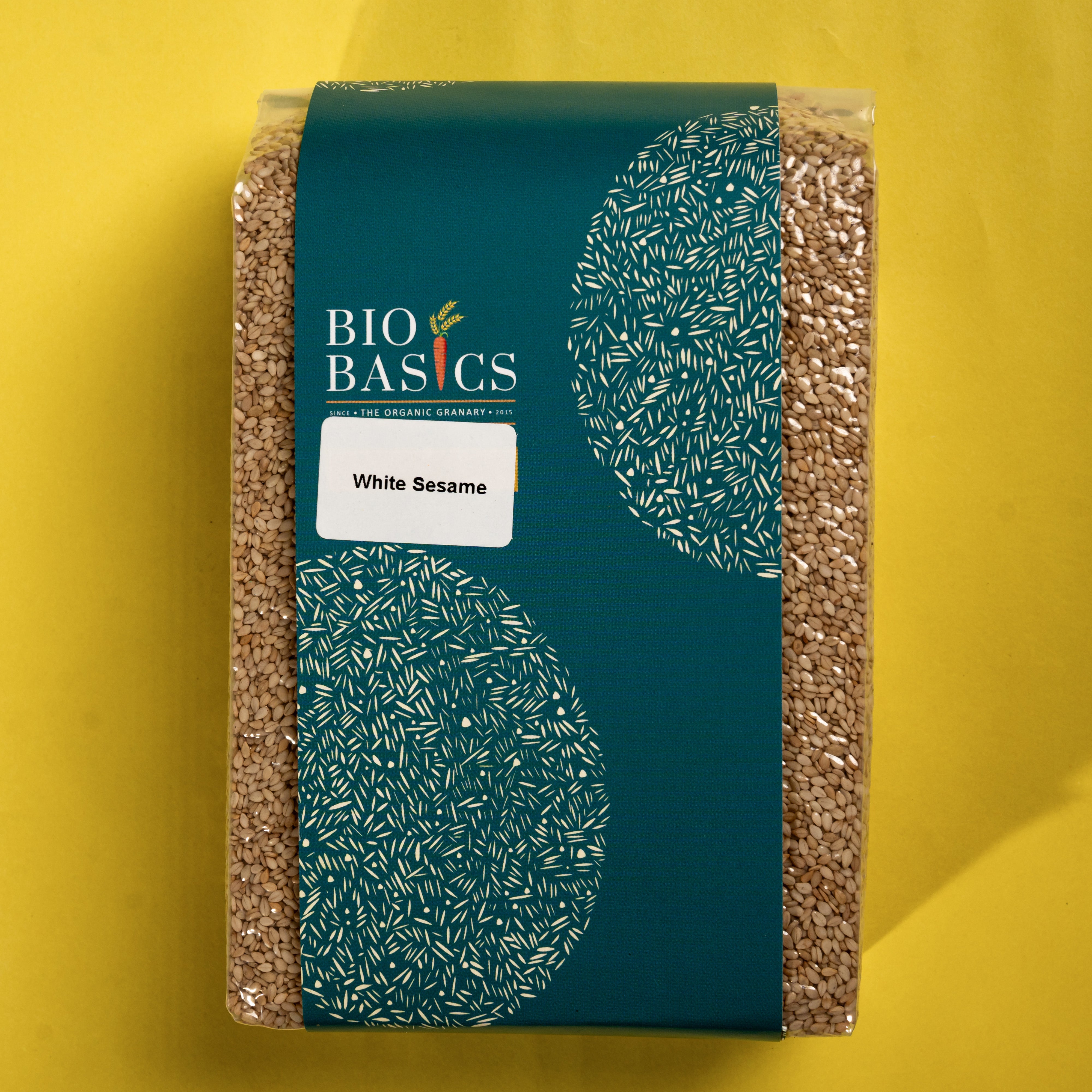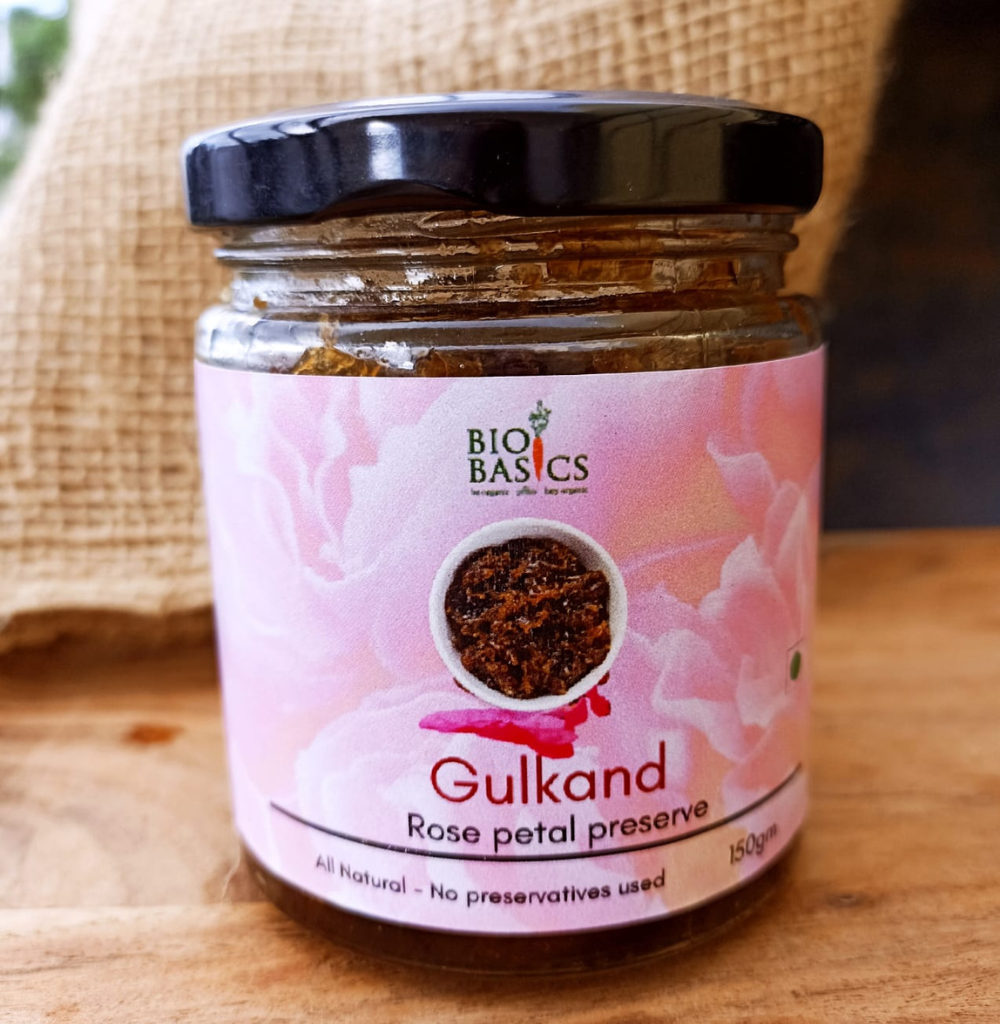“How can the common man afford to pay ₹170 for a KG of organic rice?” A question that Bio Basics gets asked by some consumers at times. The indignation is evident!

The short answer: It is about priorities, not price. Priorities in life. Not everyone’s priorities in life are the same. Ergo, organic food is not for everyone.
Here is the long answer. I see three premises or assumptions in this question.
Premise #1: No rice should be this costly. No matter what.
Why not? Each and every product or service that we consume has a range across the price-quality spectrum. We can go from the low-price-low-quality to the high-price-high quality products. Be it the handheld you are reading this on, or the education for our children, the healthcare we choose, or the vehicle we drive, or even the joints we eat out at. So why should food be any different?

We don’t ask this question about any other product/service. For instance, “How can a common man afford to send his child to an International School?” Or “How can a common man go to a private hospital?”. Or “How can a common man afford an i-phone?” These questions seem ridiculous, but not so when it comes to rice or dal or vegetables or fruits. Why is that? Underlying that dichotomy is the expectation of our society today that food should be cheap. No matter what. And food is food is food! Right? Wrong.

Food is not one homogenous commodity that we get from the heavens. It is not like the rain or the clouds, or the Sun that we take for granted. Food is grown by people, processed, packaged and sold by people. People who live in the very same society that we do.
That brings me to Premise #2:
Premise #2: Why is organic food so costly?
I have written earlier addressing this, laying out 10 reasons why organic food is expensive. https://biobasics.org/blogs/news/why-is-organic-expensive
But here are 5 premiums that we are paying for when we buy organic whole food:
1. Taste premium: Invariably, regardless of the food item or the family that enjoys it, we get this feedback that it is so tasty, that it reminds the older consumers about the food they ate during their childhood, and so on. You are paying for better taste.
2. Safety premium: You are also paying for lower (if not zero) levels of contamination. That means a lot for your health and that of your family.
3. Conscious premium: You are paying for being caring, conscious, and sensitive about the larger society (farmers, farm workers, their living and working conditions). Because that is who you are - caring, conscious and sensitive.
4. Diversity premium: You are also paying more to sustain biodiversity, to retain the seed heritage we have inherited from our forefathers. Lest it be lost for our next generations.
5. Investment premium: And finally, you are investing in not only your future (your health and your family), but also in keeping organic farming alive so we and our (grand)children can continue to enjoy what our (grand)parents did.

Premise #3: The “common man” cannot afford it.
If you, as a “common man”, can take flights, speak/write English fluently, eat at fine dining restaurants, shop online or in Malls/supermarkets, travel on vacations, carry a smartphone, own a car, watch OTT, you can afford organic food. Period.
Our data shows that any 4-member family going completely organic incurs an extra food expense of about ₹3000 per month, which translates to ₹7.50 per meal per head. Costly? Nah…not really.
And if you think you are not the common man, but you are concerned about the poor, then they can’t afford all things above either. So are you suggesting you will give up all those, just because the poor can’t afford all that? Nah…not really.
Like I said, it is about priorities, not the price.
What is your priority?
